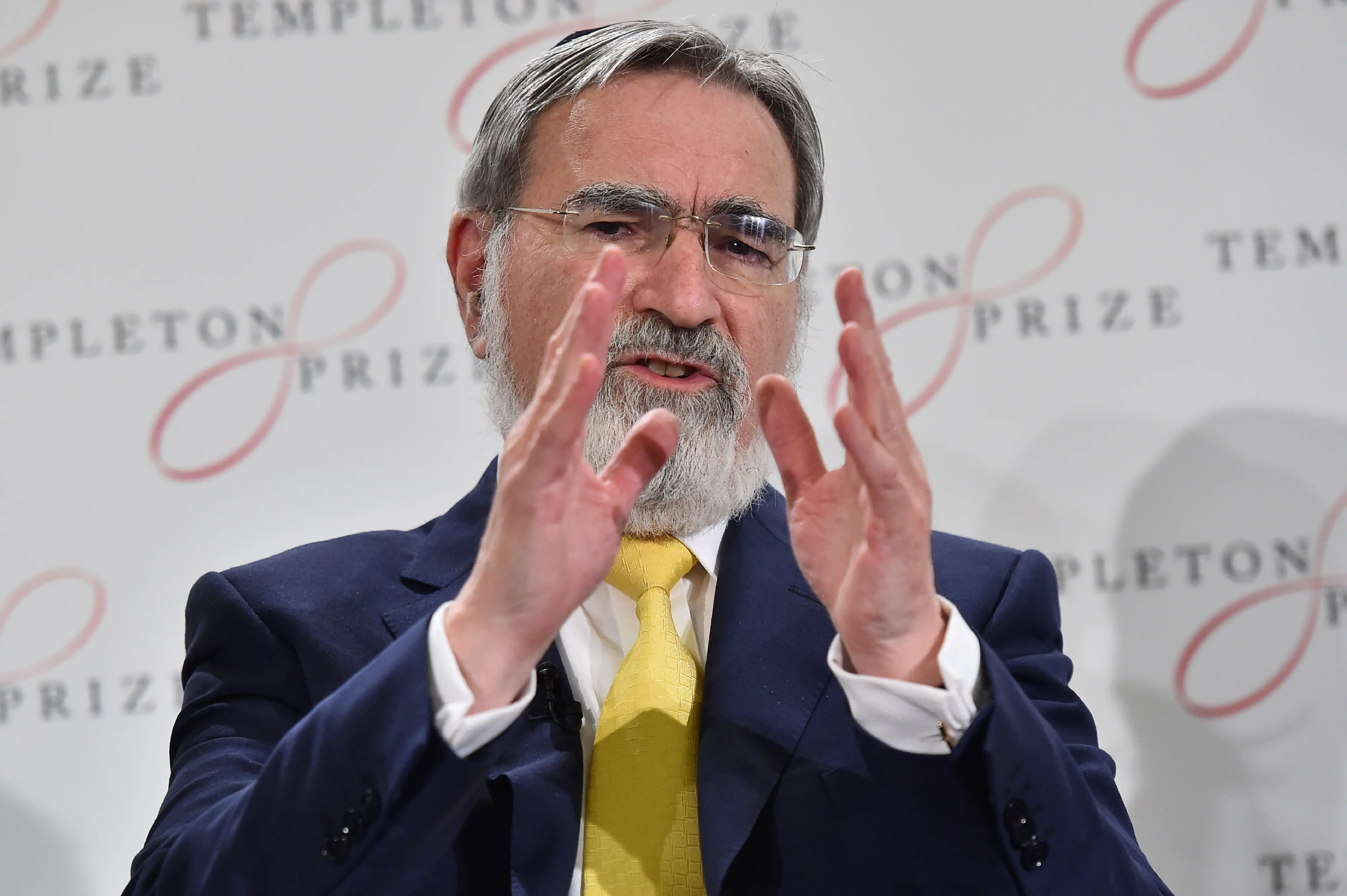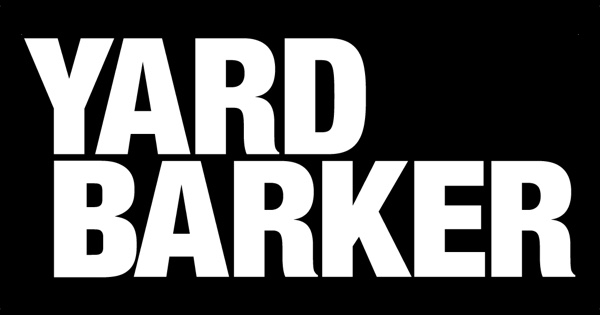Copyright thejc

“No man is an island, entire of itself.” So begins John Donne’s famous poem and its especially pertinent to a great scholar. If there is no engagement with their ideas, then they remain a detached lone voice. This suits iconoclasts and radicals because they would rather uproot society than engage with it for the common good. They invite a host of loyal followers who will only read and quote their teacher’s words and denigrate other thinkers. What emerges is an isolated school of thought that stays pure but inevitably aloof from the mainstream. I have seen this happen too often to philosophers, rabbis and self-help gurus. In contrast, we have Rabbi Sacks. He passionately believed in bettering society. He sought out politicians, CEOs, policy makers and thought leaders of all shades and colours in order to move good ideas forward and inspire change. He was not interested in trying to convince you of his thinking, he just wanted to engage you in meaningful conversation to help make things better for us all. And so, the new special book-length edition of Tradition journal on “The Intellectual Legacy of Rabbi Jonathan Sacks” is especially welcome. Tradition is a scholarly publication rather than an “academic” one. That means it is very readable and relevant. In this unique edition they have gathered over a dozen thought-provoking articles by scholarly students and critical friends of Rabbi Sacks who prize his ideas and want to study, dissect, contrast, elucidate and debate them. [Missing Credit] Why was he so engaged with theories of leadership? Dr Erica Brown looks for connections with his life experience to answer this. Why did he love Anglo-Jewry so much? Rabbi Gideon Sylvester explains how he encouraged our community to renew itself. Was he a maverick or a mystic? Professor Sam Lebens guides us on a fascinating journey. What was underneath his approach to Israel advocacy? With special access to the Sacks archives, Rabbi Michael Laitner gives us insights into this passionate Zionist. And then there is Sarah Hass Robinson on Rabbi Sacks’s love of the stranger, Rabbi Alex Israel on his aversion to power, Dr Tanya White on his radical reading of covenant, and Professor Mordechai Schiffman and Dr Tamra Wright on his belief in hope and resilience. And that’s not even half of the book. Of course, I wanted more. His approach to prayer and the evolution of halachah (Jewish Law), as well as changing attitudes to family, and the way he contrasts personal identity with victimhood. These and other topics also deserve further study. Nevertheless, taken together this is a monumental analysis of Rabbi Sacks’s thought. Reading it is both exhilarating and mind-opening. It has urged me to be more thoughtful about my Judaism and reflect on the great questions of our day: What is the moral future for Israel and the diaspora? Are we destined to endless infighting or can we regain the greatness of our faith? How can Judaism still thrive in the modern world? The Talmud (Chagigah 3a) tells a revealing story about one time when Rabbi Yochanan ben Beroka and Rabbi Eleazar Chisma went to visit Rabbi Yehoshua at Peki’in, in the north of Israel. He said to them, “What new teaching was there at the bet midrash (house of study)?” They replied, “We are your disciples and your waters do we drink.” Said he to them, “Even so, it is impossible for there to be a bet midrash without some novel teaching!” Rabbi Yehoshua was not interested in fawning students. He didn’t want their praise; he really wanted to know what new ideas were being discussed in the study hall. Ego has no place when it comes to real learning. That is why, Rabbi Sacks was not an island and should never be treated as one. As Donne continued, “Every man is a piece of the continent, a part of the main.” God’s Torah becomes our own when we wrestle with it for ourselves. That’s what Rabbi Sacks did and is how we should approach his works – by reading his words, watching his videos and coming up with our own critiques and opinions. This new publication will certainly help. The Intellectual Legacy of Rabbi Jonathan Sacks will be launched at an online event on Sunday, November 2 at 5pm (12pm USA, 7pm Israel) featuring Gila Sacks, Rabbi Lebens – one of the co-editors – and other contributors including Rabbi Zarum, who holds the Rabbi Sacks chair in modern Jewish thought at the London School of Jewish Studies Top image: Rabbi Lord Sacks (Photo: Getty Images)



